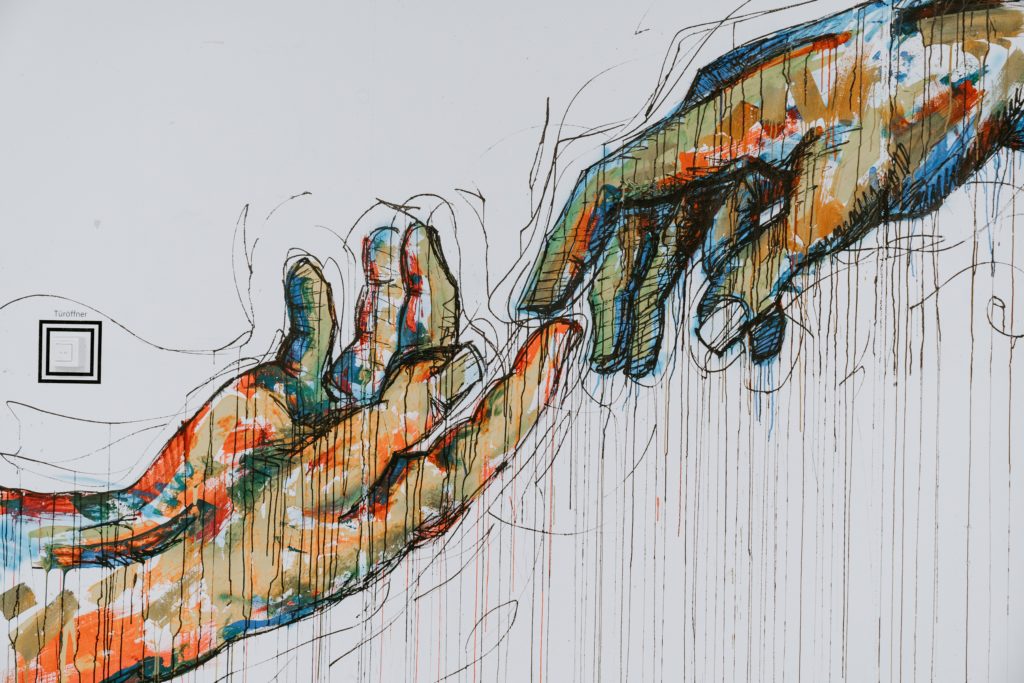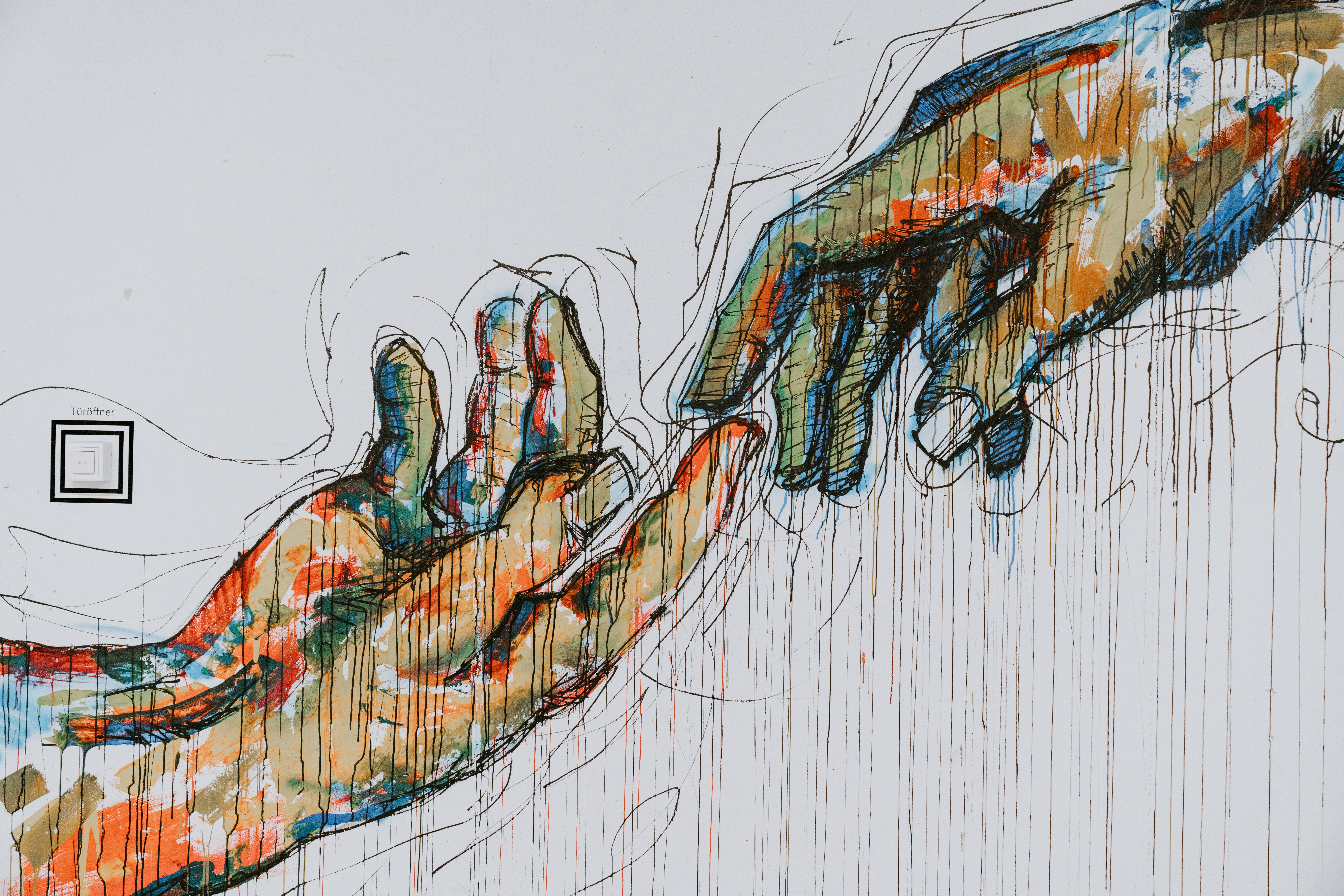

My family loves visiting the Marina in our town in south King County, WA. We live a mile away from the closest marina and go probably every other day just to get fresh air, connect with wildlife, and sip tea or coffee from one of the shore-side cafes.
Last month, we went by the Marina to enjoy another clear day. We noticed a goose on our walking path had separated from its pack and was standing near the railing adjacent to the shore. My husband and I parked our baby’s stroller a good distance from it, about 10 feet. “Look at the birdie,” we said to her while pointing to the ‘loose goose’. Our one-year-old is just starting to learn the words for animals and appreciate nature as much as we do, so we thought we’d give her a chance to see a goose up close, since they often fly away when she tries to interact with them.
As we stood near the railing and tried to enjoy our day, we heard an angry voice yell at us from afar. “Hey, get away from that goose!” We turned our necks to notice a flustered face seemingly furious with us for what he thought may have been animal harassment. “Sir, this is the closest we’ve gotten and we weren’t going to get any closer. Have a good day.”, I said. The man retorted, “The goose is obviously in distress, leave it alone!” “Thank you, Sir, have a nice day,” I replied as the man muttered something under his breath and walked past us with his leashed dog in tow.
English is my husband’s second language, so he hadn’t fully understood my exchange with the man and asked me to clarify. I said, “Nothing, he’s just being a jerk. He thinks we’re bothering the goose or something.” But the incident didn’t sit right with me. I knew very well how to recognize an animal in distress and never felt that goose was distraught.
I didn’t like how the man had yelled at us. It felt even worse because it had happened in front of our daughter.
I told my husband I was going to talk to the man that had just communicated to us very rudely. My husband could see I was upset by the encounter and didn’t fully understand why. As an immigrant, he doesn’t always get social contexts. And he could never understand my experiences growing up as a black person in America, facing so many prejudices, racism, and similar incidents of people yelling at me for no appropriate reason.
In that moment, I thought of my job with PTU, an organization that encourages conversations between people from different backgrounds and those we may not agree with. I felt compelled to take action instead of just letting the incident blow away with the wind. So, I approached the man who had yelled at us a moment earlier. He was walking back in our direction after walking his dog down the pier and seemed surprised that I was approaching him.
“Hi, my name is Ana,” I started, “and I didn’t like the way you talked to my family just a moment ago”.
I was astonished and relieved to see the man soften immediately. I told him how his communication and tone came off as aggressive. He listened to me intently and did not interrupt. “You know, I started to think about that as I walked away,” he said. “I shouldn’t have talked to you all like that, and I was questioning myself whether or not I would have communicated in the same way if you were two white people”. He thought for a moment. “I probably would have, I just care about the birds and just don’t want to see them harmed.” I told him that I understood his perspective, and also let him know that there were people much closer to the goose than us that he never approached.
As two brown people in America, aggressive tones never sit well with us, especially when we know we’re not trying to cause any trouble.
I pointed to the area where we had seen the goose, and to prove my point, a lady was standing within a foot’s distance of it taking a selfie. “I hope you can understand that we are not the only ones who went near the goose and we never intended to go closer. There were people before us and after us approaching the goose much closer than we ever intended to be. Our experience in this country has not been very favorable so I just want you to understand that it didn’t feel good to be spoken to that way”, I concluded. The man introduced himself and we shook hands. “I get that, and I respect that. I’m a liberal, actually. Thank you for coming up to me.”
We briefly connected on our appreciation for nature and parted ways with a better understanding of each other, and for me personally, less resentment. Instead of leaving the scene bitter and upset, we cleared the air and met each other on a similar level. I was glad to remind myself of my work and why I believe in PTU’s mission – meeting people on common ground and trying to understand different perspectives. I am thankful that by being involved with PTU, I am able to remind myself of how important it is to connect with people who are different from me more often.
“The least judgmental people in society are those who can profoundly disagree with the morals and actions of others, and yet love and respect them all the same.” -John Paul Dickson
